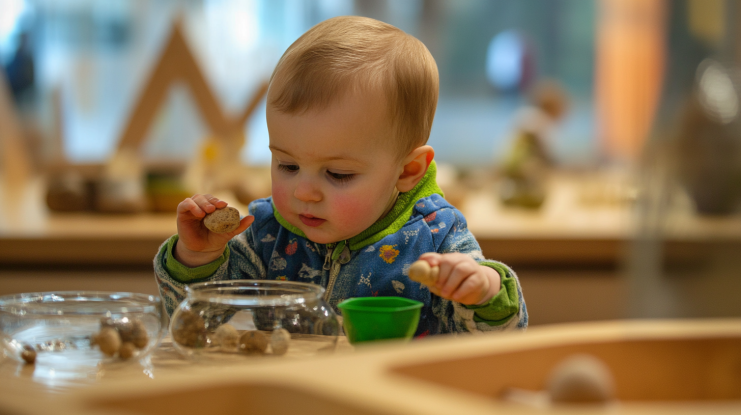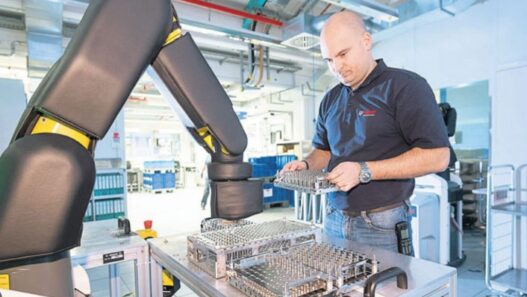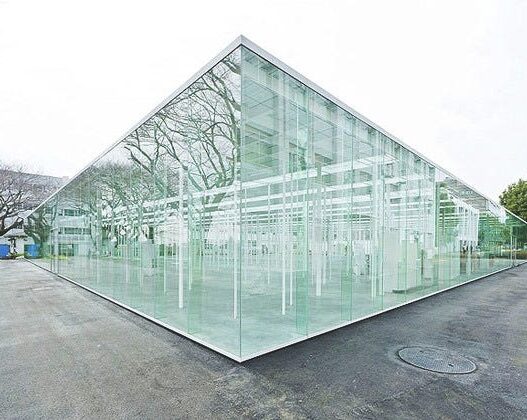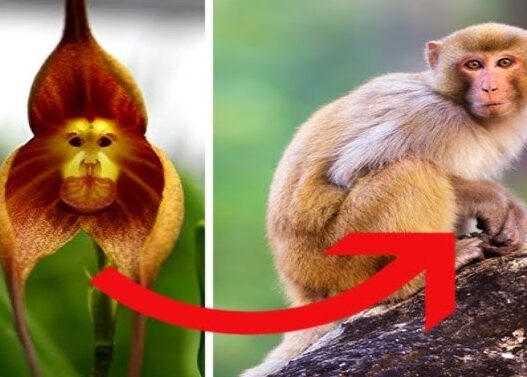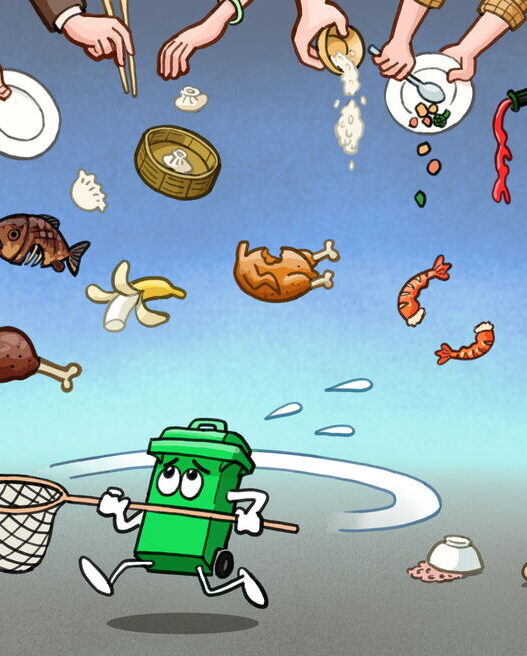Have You Ever Wondered Why You Can’t Remember Your Early Childhood?
We’ve all heard it said: the majority of children can’t recall much of their life before the age of 3. Think back to your own childhood—how many clear memories do you have from those early years? And when you ask a young child about their memories, they often respond with a blank stare or a “I don’t remember!”
For example:
- Picking up a kitten, puppy, or a goose and accidentally pulling off a chunk of its fur;
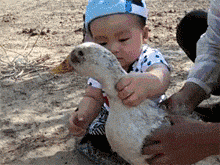
- Being scared when mom applied a face mask;

- Falling asleep halfway through a meal;
Even if you show them photos from that time, they might still look at you and say, “Really? I don’t remember!”
So, are all those early memories truly erased by the brain? Why does this happen?
Childhood Amnesia: Why We Forget Our Early Years
In scientific terms, this phenomenon is known as childhood amnesia, which refers to the inability to remember events from the first 2-3 years of life. Even memories from 3-7 years old tend to be fragmented. But why do we forget?
Scientists don’t have all the answers yet, but there are several theories.
One theory is that children’s brains are not developed enough to retain memories at that young age.
The hippocampus is the area of the brain primarily responsible for memory. It turns experiences and images into long-term memories. However, before age 3, the hippocampus is still immature and cannot function properly. By around age 4, it starts to develop the ability to store long-term memories. Before this, memories are scattered and unstable.
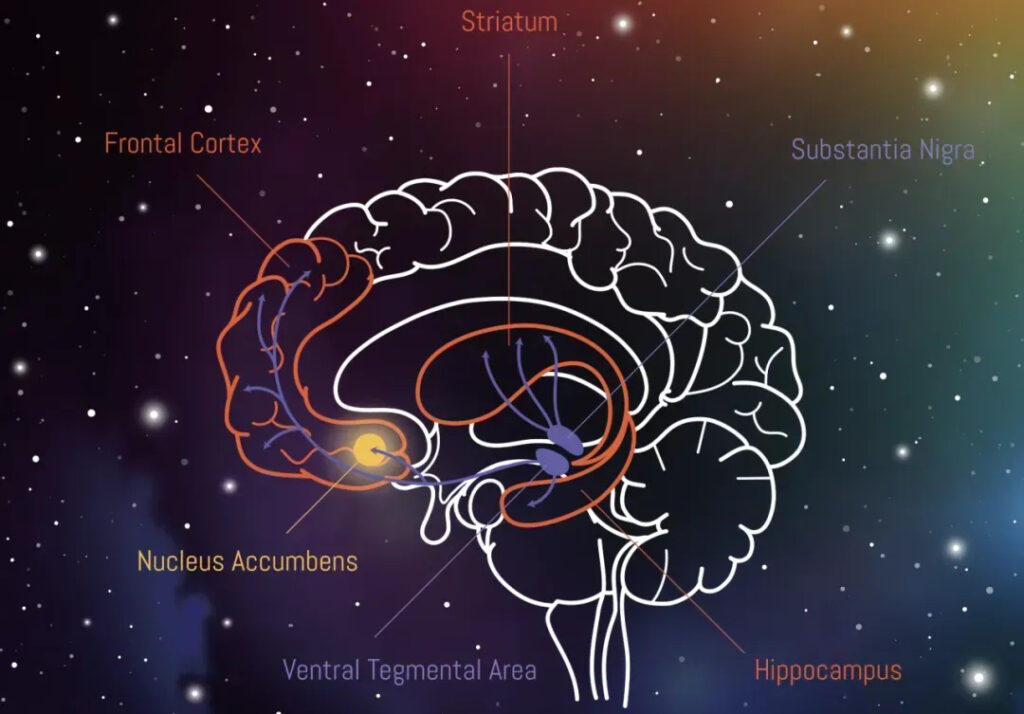
Another theory is that young children’s visual systems are underdeveloped, making it difficult for them to form clear memories. Since the hippocampus relies heavily on visual input to form memories, children have a harder time recalling things until their eyesight matures. Babies don’t see clearly at birth and struggle to distinguish colors, which hampers their ability to form lasting memories.
Additionally, before the age of 1, children don’t have a sense of self-awareness, which interferes with memory formation. Without the ability to distinguish themselves from others, it’s impossible to remember personal experiences. Before they develop language skills, young children also don’t have a concept of time, like “before” or “after.” Even if they see images, it’s hard for them to recall and store those moments.
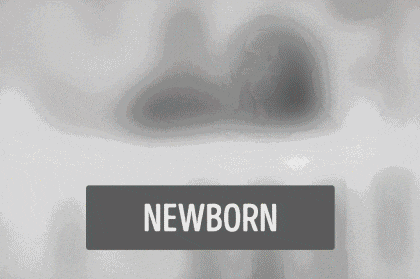
At the core of all these mechanisms is one key concept: forgetting.
Forgetting Mechanism for a More Efficient Brain
The human brain is incredibly powerful, and when it comes to the number of neurons, it peaks at birth. A newborn’s brain contains about 100 billion neurons, making it the most advanced setup it will ever have.

Memory doesn’t just rely on the number of neurons, but also on the connections between them. From the moment a baby is born, their brain starts rapidly absorbing sensory information at an astonishing rate:
- Feeling light with their eyes and distinguishing colors;
- Hearing the sounds of kitchen tasks like chopping or washing vegetables;
- Moving their little hands to grab food and put it in their mouths.
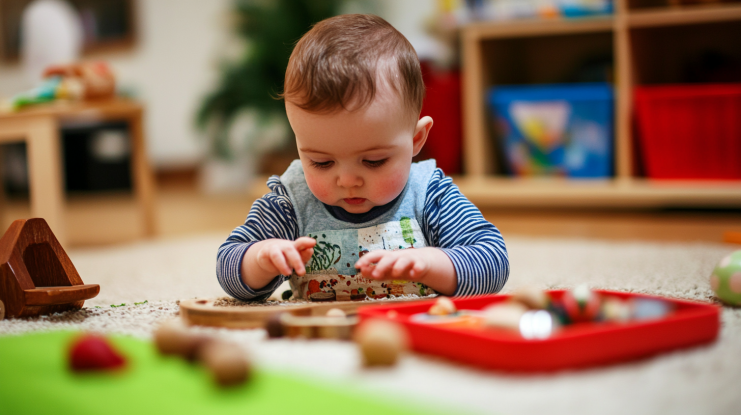
By the time a baby reaches 2 years old, their brain has created an incredibly dense network of synaptic connections, like a web of memory branches. However, having too many synapses is not always beneficial. If the brain becomes overloaded with too much information, it can become disorganized. Imagine a smartphone with over 100 apps running at once—everything slows down, and the phone struggles to function efficiently Forgetting Mechanism.
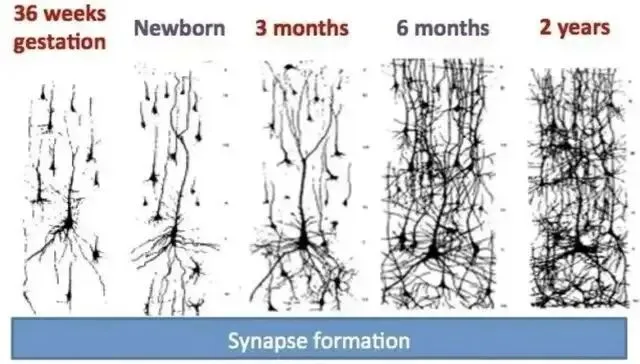
Similarly, the brain can become cluttered with too much information. This creates a slow recall process and difficulty focusing. So, the brain begins an internal cleanup process to improve efficiency: forgetting unnecessary connections and preserving the important ones.
As the brain matures, it continues to add new synapses (memory branches) and prunes away old ones, leading to clearer, more focused memory networks. By the time a child reaches ages 2, 4, and 6, their neural networks are much simpler and more refined.
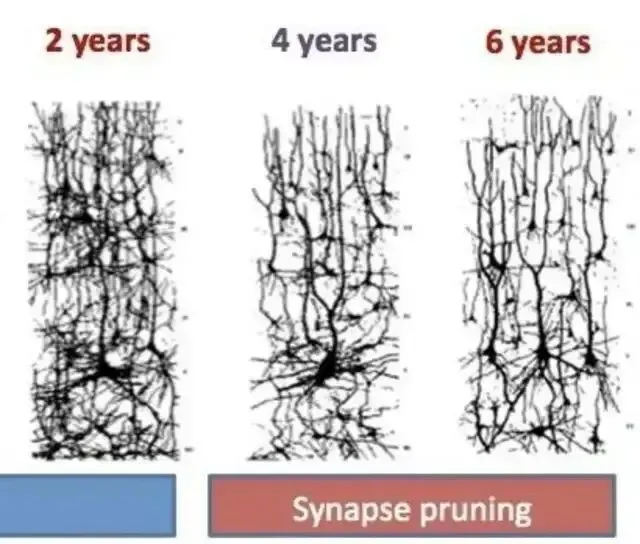
Despite this, some early memories, like emotional experiences or key developmental milestones, are kept intact, encoded in the brain’s deeper structures, and passed down as a genetic legacy.
Some Things Are Never Forgetting Mechanism
While we may not recall specific events from early childhood, some sensations and feelings remain deeply embedded in our bodies:
- The motor skills learned from walking and riding a bike are stored in the cerebellum and basal ganglia;
- Experiences of injury or danger, like fear of water or heights, are kept in the amygdala;
- Interactions filled with tenderness and care build a foundation of trust and safety.
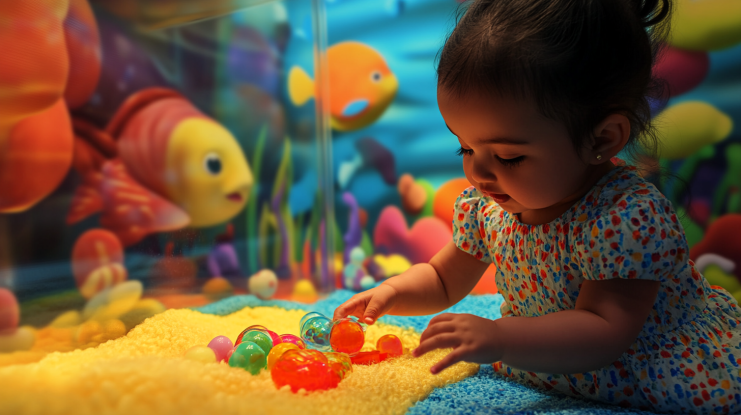
The way a child interacts with their caregivers and the affection shown to them helps shape their sense of trust, security, and self-confidence. Even if specific memories fade, these emotional experiences and core beliefs remain ingrained.
Love Endures, Even When Memories Fade
Over time, children grow into their personalities, becoming more resilient, curious, and eager to explore the world. The love and care they received in those early years, though forgotten, will continue to guide and shape them. And when they eventually become parents themselves, they may realize how deeply they were loved during those early years—even if they don’t remember the specific moments.
